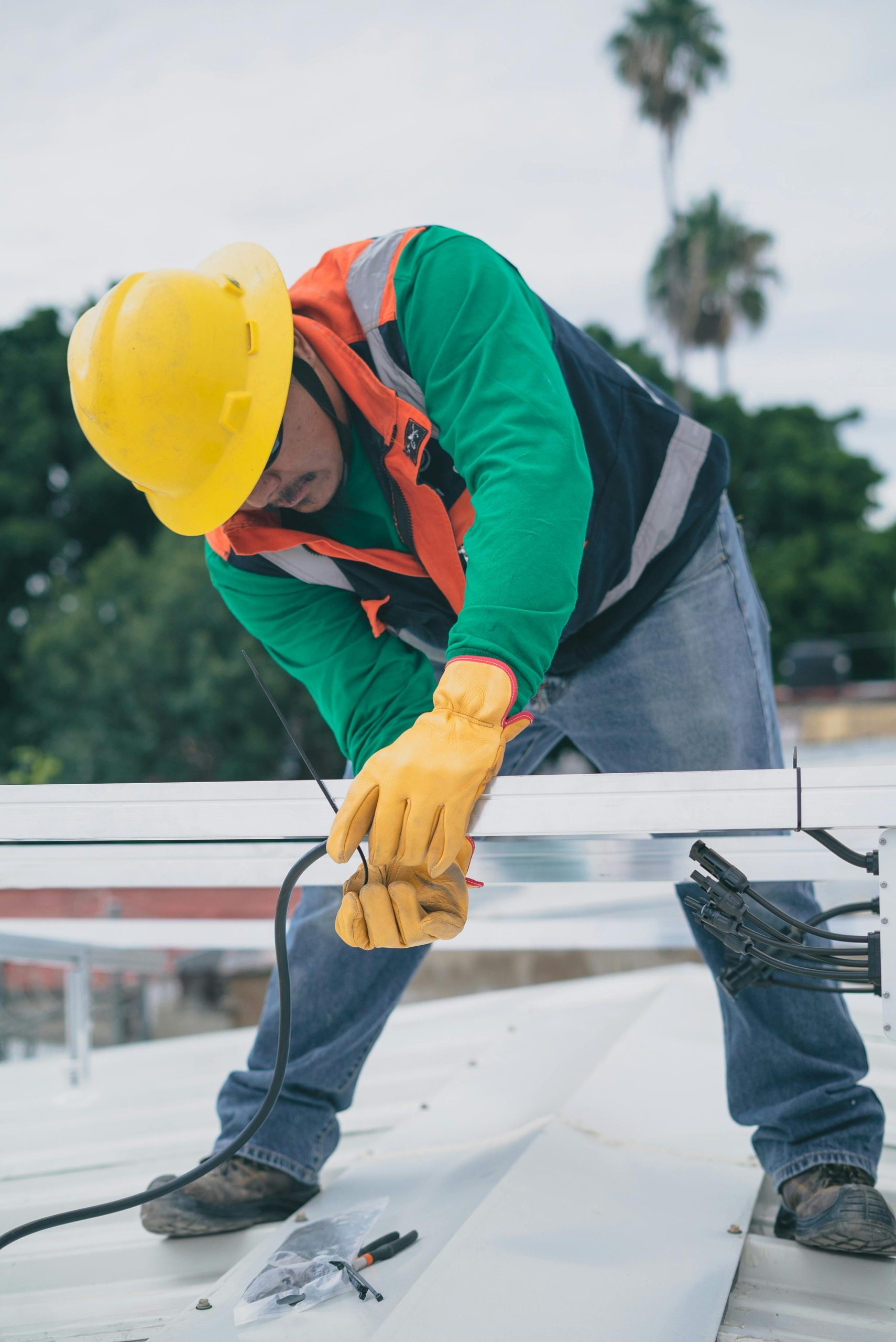Troubleshooting HDMI Connectivity Issues: When Your Display Keeps Failing
Experiencing intermittent display problems can be incredibly frustrating, especially when they seem to occur randomly and without an obvious cause. If you are encountering issues with your HDMI connection such as the monitor intermittently going black or displaying error messages like “No Connection Found,” it’s important to systematically diagnose and resolve these problems to ensure a smooth computing experience.
Common Symptoms of HDMI Connectivity Problems
- The monitor briefly goes black and then resumes display, disrupting your workflow.
- Sudden black screens accompanied by error messages such as “No Connection Found.”
- The problem worsens with physical movements or pressure on the cable or monitor, indicating a potential hardware issue.
- The need to power down and restart your PC to temporarily restore display functionality.
Potential Causes
- Loose or Damaged HDMI Cable: Over time, HDMI cables can become worn or damaged, leading to intermittent signal loss.
- Faulty HDMI Port: The port on your monitor or PC might be loose or defective.
- Graphics Card Issues: Driver problems or hardware faults in your graphics card can disrupt the video output.
- Power Management Settings: Sometimes, display or USB power management settings can interfere with HDMI connections.
- Environmental Factors: Physical pressure on the cable or monitor (e.g., moving the mouse forcefully) might induce connection problems.
Recommended Troubleshooting Steps
- Inspect and Replace Hardware Components
- Examine your HDMI cable for visible damage or wear.
- Swap the HDMI cable with a known good one to rule out cable issues.
- Try connecting to a different HDMI port on your PC or monitor.
-
Test the monitor with another device to check if the issue persists.
-
Update Graphics Drivers
- Visit your GPU manufacturer’s website (NVIDIA, AMD, Intel) and download the latest drivers.
-
Use the device manager or dedicated software to ensure your drivers are current.
-
Adjust Power Settings
- Disable any power-saving features related to your display or USB hubs in your system settings.
-
Ensure your PC’s graphics card is configured for optimal performance.
-
Check for Hardware Issues
- Ensure that the HDMI port is firmly seated.
-
Consider testing with a different monitor or device to localize the issue.
-
Software and Firmware Updates
- Update your operating system to the latest version.
- Check for
Share this content:

